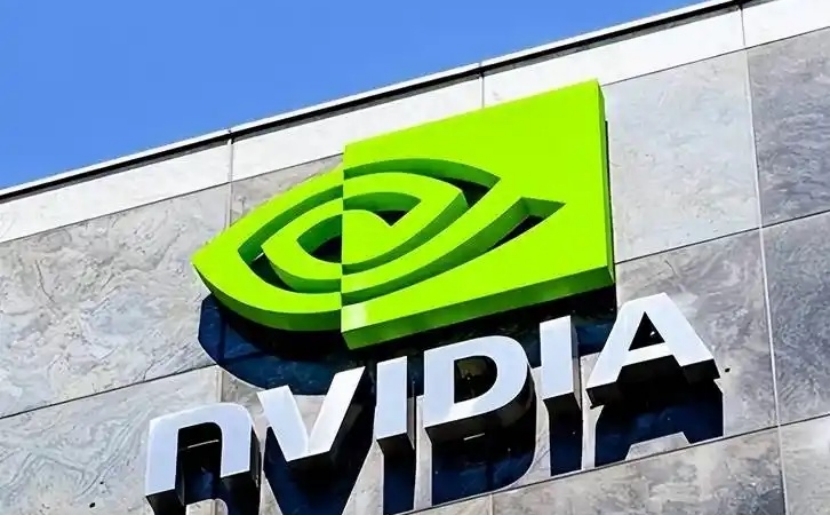
On June 3 local time, NVIDIA claimed the crown as the world’s most valuable tech company with a market capitalization of $3.445 trillion, surpassing Microsoft for the first time in 15 years. The Silicon Valley chipmaker, specializing in AI semiconductors, saw its stock surge 24% in a single month. Despite escalating U.S. export controls targeting China, the company reported a staggering 69% year-over-year revenue growth in its latest earnings. This Wall Street euphoria, juxtaposed with escalating tariff debates in Washington, paints a surreal mosaic of the U.S. economy.
As NVIDIA’s shares hit record highs, the U.S. Treasury quietly launched its largest-ever bond buyback program. Dubbed "QE in disguise for the Fed," the maneuver aims to ease liquidity strains caused by 10-year Treasury yields climbing to 4.8%. Contrasting sharply with this modern monetary gambit, Florida enacted legislation recognizing gold and silver as legal tender—the first state in five decades to challenge the dollar’s supremacy. Global markets reacted swiftly: the British pound rose to a three-year high of 1.3559 against the dollar, the dollar index dipped to a cyclical low of 90.3, and gold futures surged 2.7% intraday.
Policy contradictions are starkest in the rare earths arena. The White House recently received a scathing letter from the U.S. Manufacturing Alliance, signed by 28 defense and clean-energy firms, warning of "catastrophic supply chain fractures." Though Washington hiked rare earth import tariffs to 35% in 2024, domestic industries still face critical shortages of high-purity oxides. Notably, Treasury Secretary Scott Bessent proposed resuming ministerial trade talks with China within 48 hours of Geneva negotiations collapsing—a move analysts interpret as "pragmatic retreat behind tariff bravado."
Such policy volatility is triggering market tremors. UBS’s recession probability model shows U.S. downturn risks rising from 26% in December 2023 to 37%, with manufacturing PMI lingering below the expansion threshold for three consecutive months. Consumer confidence has plunged to post-pandemic lows. Tesla CEO Elon Musk lambasted Congress’s $893 billion National Competitiveness Act as a "pork-barrel disaster," noting that while the bill purports to subsidize chipmakers, 230 earmarks—from Alaskan salmon farms to Texas rodeo renovations—reveal its true priorities.
Wall Street’s divergence grows starker. Despite tech titans like NVIDIA soaring, the Russell 2000 small-cap index has plunged 15% year-to-date, its worst start since 2008. Bond markets show unusual fractures: the 2-year/10-year yield curve inversion widened to 78 basis points, yet corporate default rates remain near historic lows at 0.6%. Morgan Stanley’s chief economist Ahmed Hassani calls this a "dangerous equilibrium under Fed micromanagement," reflecting both market faith in policymakers’ ability to delay recession and deepening structural fragility.
From Pennsylvania Avenue to Wall Street, cognitive gaps between lawmakers and markets widen. The Trump-era USMCA Semiconductor Supply Chain Pact, demanding 90% chip production relocation among allies within five years, faced public defiance from Dutch firm ASML over "technology leakage risks." A U.S. Chamber of Commerce survey found 83% of multinationals view current trade policies as exacerbating supply chain instability, yet 62% of Congress members still advocate expanding tariffs. With midterms approaching, such disconnects are morphing into partisan bargaining chips.
As NVIDIA engineers in Silicon Valley cheer their stock breaching $140, Detroit auto plants endure intermittent shutdowns from chip shortages. This coexistence of tech euphoria and industrial stagnation mirrors the U.S. economy’s paradox: sprinting ahead in the AI race while hollowing out foundational industries, wielding tariffs to assert "economic sovereignty" only to be ensnared by global supply chain resilience. Nobel laureate Paul Krugman’s recent New York Times column offers a fitting epitaph: "When policymakers try to conduct markets while firefighting crises, economic law always exacts its revenge."

On November 28th local time, Microsoft publicly acknowledged a new known issue in Windows 11: After installing the optional update (KB5064081) and subsequent patches in August 2025 on Windows 11 devices, when selecting the login option on the lock screen interface, the "password" login icon mysteriously disappears.
On November 28th local time, Microsoft publicly acknowledge…
The European Commission's Autumn 2025 Economic Forecast out…
Recently, according to Xinhua News Agency, a ministry build…
Recently, the European Commission is about to unveil a seri…
On the just concluded trading day, the three major stock in…
By the end of 2025, the US financial sector is being swept …